Vision Revolution: Exploring the World of Advanced IOL Lens Implants
...
Learn more about our affiliate divisions at Atlantic Eye.
You can also always skip the hold time on the telephone & text us with any questions or for an appointment. Text Us for Eatontown (732) 889-7197, Text Us for Holmdel (732) 889-7425, Text Us for Little Silver (732) 889-7447, and Text Us for Wall Township (732) 889-7492 or email us directly info@atlanticeye.com.
Visit our Optical Center and try out our interactive EyeGlass Builder.
We are dedicated to providing comprehensive, high-quality, personalized eye care from routine eye examinations to state-of-the-art eye surgery. We provide the highest level of surgical services for our patients.
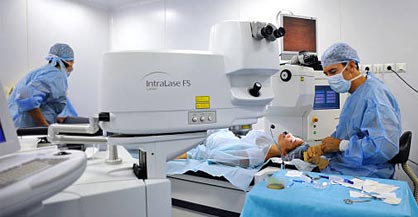


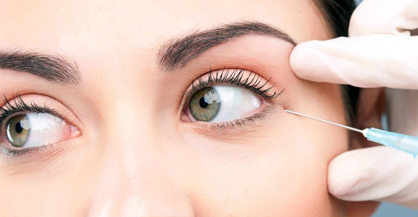

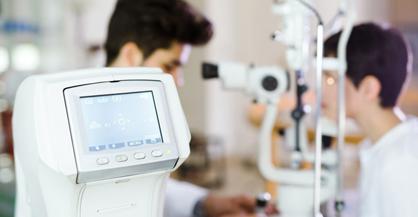
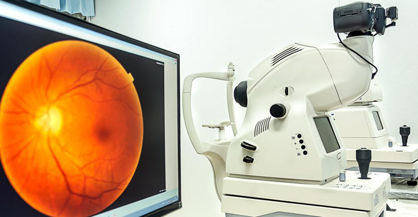
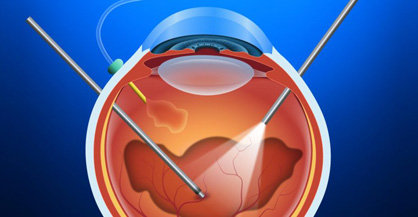
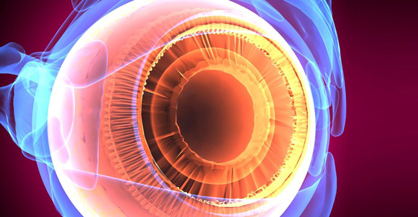


Refractive Surgery / Lasik | Advanced Custom Cataract Surgery | Eye Plastic Surgery
Atlantic Eye has four convenient locations in Monmouth County: Eatontown, Little Silver, Holmdel, and Wall Township.
Each office is equipped with state-of-the-art diagnostic equipment: digital imaging, corneal topography, anterior & posterior segment OCT.
Atlantic Surgery Center is JCAPHO certified and specializes in ophthalmic procedures. The surgery center is equipped with the most advanced surgical technology: Zeiss IOL Master, Zeiss Lumera Operating Microscope, and Bausch & Lomb Stellar Vision Enhancement System.